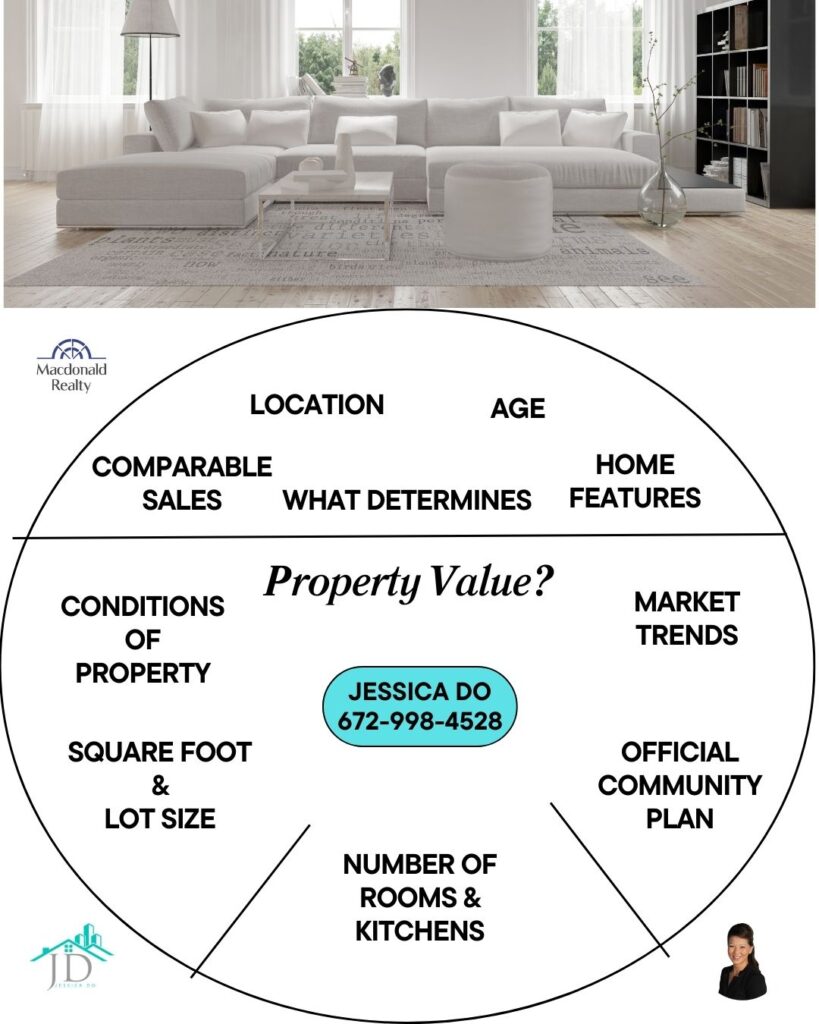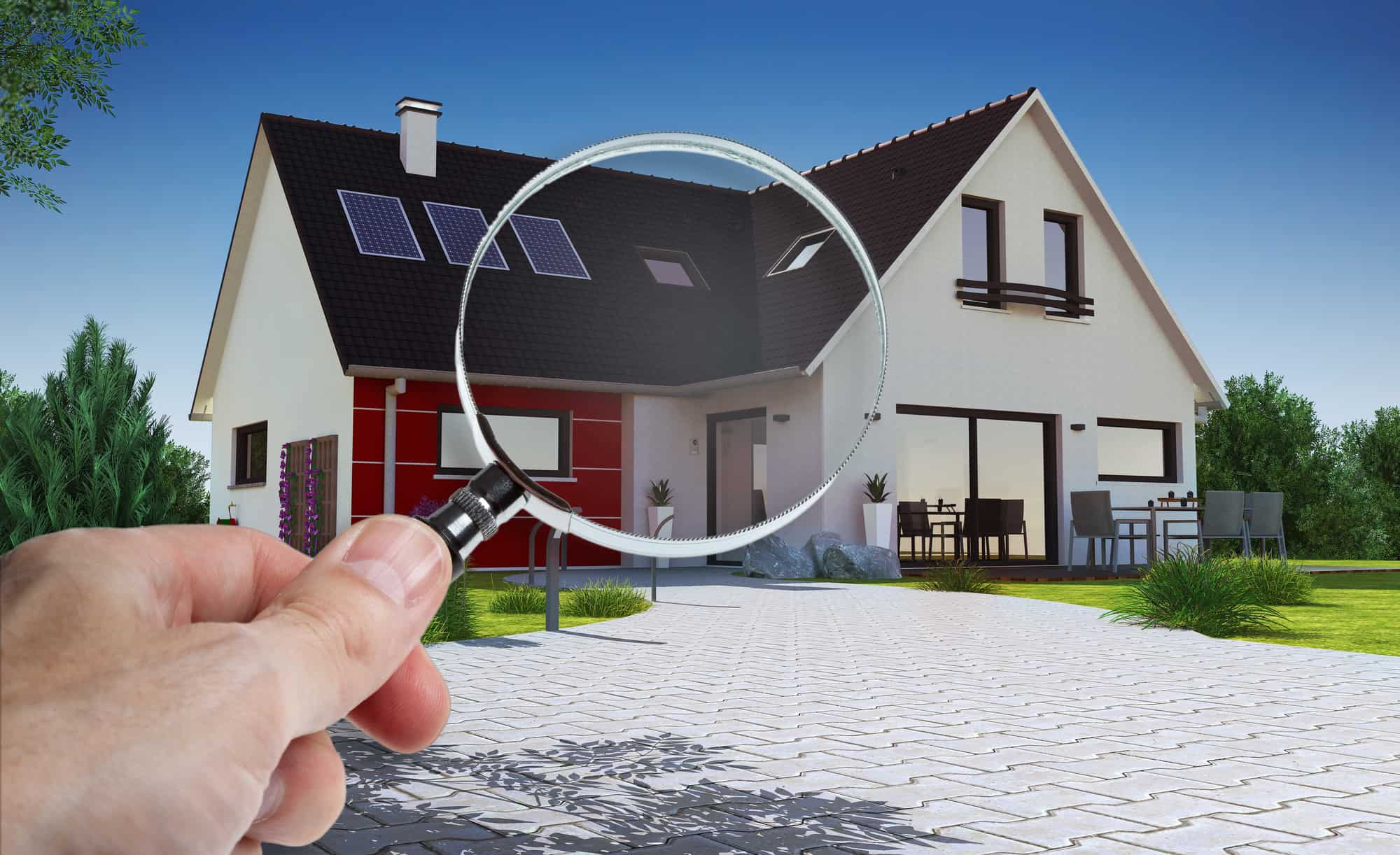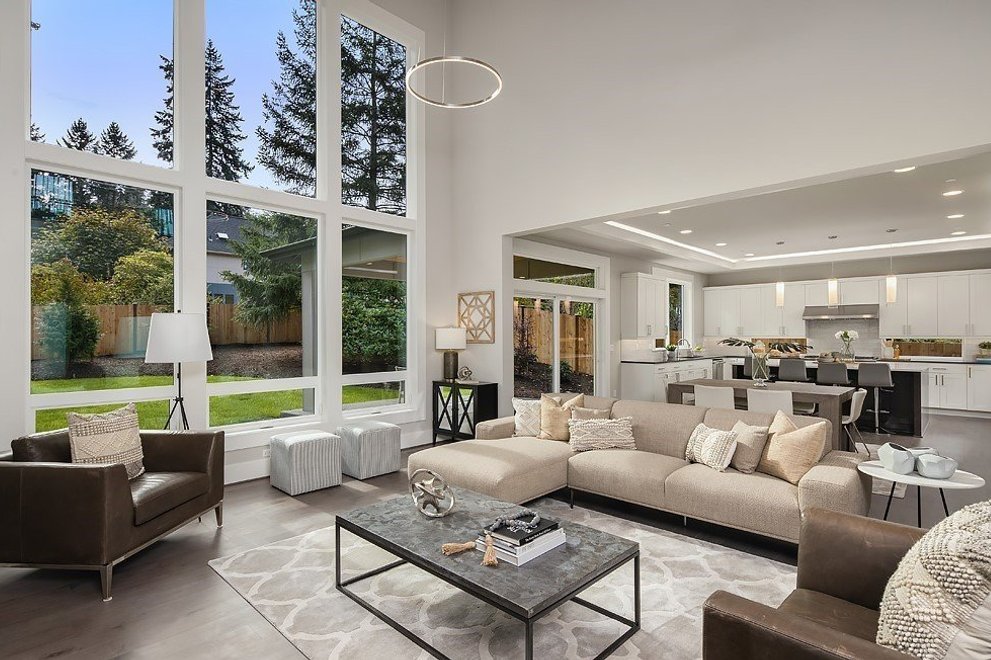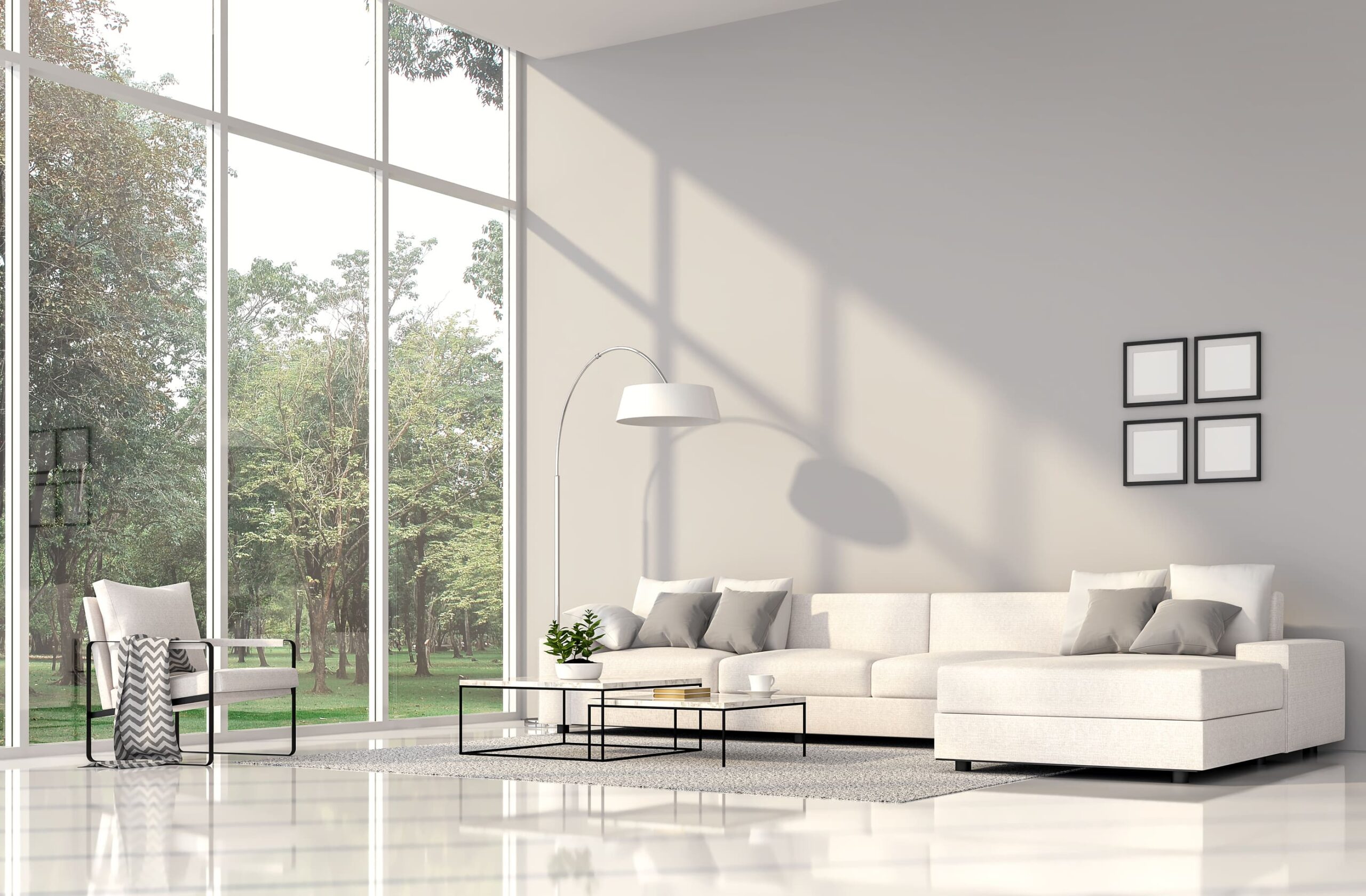What to determine property value?
🏡 Detailed Guide:
Factors That Determine Property Value
1. Comparable Sales (Comps)
These are recent sales of similar properties in the same or nearby neighborhood.
-
Must be recent (usually within the last 3–6 months)
-
Should be similar in size, age, style, and condition
-
Look for price per square foot to estimate a rough baseline
-
Consider how quickly these homes sold (DOM: Days on Market)
-
Adjust based on upgrades or lot differences
2. Location
Location is often the most important factor in real estate. Value can vary greatly block-to-block.
a. Neighborhood
-
Clean, well-maintained area
-
Established vs. up-and-coming neighborhoods
-
Access to city services and utilities
b. Proximity to Key Places
-
Schools – High-ranking schools often increase property value
-
Shopping – Malls, grocery stores, cafes, restaurants
-
Transit access – Bus, train, highways
-
Recreation – Parks, trails, community centers, gyms
-
Healthcare – Hospitals, clinics, dental offices
c. Safety
-
Low crime rate
-
Street lighting, sidewalks, family-friendly vibe
d. Future Developments
-
Planned infrastructure or amenities can raise future value
-
Be aware of undesirable projects like new industrial zones or highways
3. Market Trends
The state of the market affects how much buyers are willing to pay.
-
Buyer’s Market = More supply than demand → Lower prices
-
Seller’s Market = More demand than supply → Higher prices
-
Interest rates: Higher rates usually reduce buyer budgets
-
Seasonal trends: Spring and early summer typically more active
4. Condition of the Property
The better the condition, the higher the value.
a. Interior
-
Fresh paint (neutral tones)
-
Clean floors and carpets
-
Updated kitchen and bathrooms
-
Decluttered and staged spaces
-
Energy-efficient appliances or windows
b. Exterior
-
Curb appeal: landscaping, lawn care, flowers
-
Clean siding, roof in good condition
-
Working gutters and downspouts
-
Updated or well-maintained doors and windows
c. Repairs Needed
-
Loose cabinet handles, squeaky doors
-
Cracked tiles, water damage
-
Non-working lights or missing bulbs
-
Plumbing or electrical issues
5. Home Features
The more functional or desirable features a home has, the higher its potential value.
-
Total square footage (above and below ground)
-
Lot size and usable outdoor space
-
Bedrooms and bathrooms – more typically means more value
-
Number of kitchens – separate suites or rentals add major value
-
Storage space – closets, basements, attics, garages
-
Garage or driveway – off-street parking is valuable in urban areas
-
Basement – finished basements add usable space and value
6. Age of the Property
-
Newer homes often sell for more due to modern construction and codes
-
Older homes may need updates but can have charm and solid construction
-
Key system updates increase value: Roof, furnace, plumbing, electrical, insulation
7. Zoning & Official Community Plan (OCP)
The city’s plans for the area affect long-term property value.
-
Zoning: Residential, commercial, mixed-use, etc.
-
Suite potential: Is a legal rental suite allowed?
-
Development potential: Can the property be subdivided or redeveloped?
-
OCP designations: Shows future land use plans (like high-density zoning)














